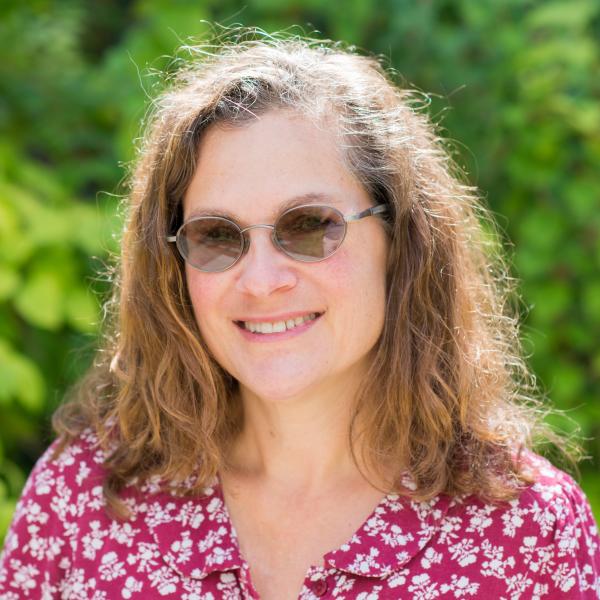
Nancy Staus
Nancy Staus
Dr. Staus joined the STEM Research Center as a senior researcher in 2018, also serving an appointment in OSU's College of Education. Previously, she worked as a Conservation Biologist at a variety of non-profit organizations including The Nature Conservancy. She also taught introductory non-majors biology courses at Linn-Benton Community College. During this time, she noticed that many topics in biology (e.g., evolution, climate change) triggered strong emotions in learners, and her doctoral research investigated the effects of emotion on both short- and long-term science-learning outcomes, particularly in informal science learning settings.
Nancy’s research interests include the role of affective constructs such as emotions and interest in learning science both in and out-of-school, the structure and function of STEM ecosystems in supporting STEM learning and persistence, encouraging girls in STEM learning, public engagement in science, and the use of novel methodologies (e.g., person-centered approaches) for better understanding how and why people persist in STEM. She is an active member of the ‘Science Learning in Informal Contexts’ strand of NARST and served as co-coordinator of the strand from 2018-2020.
Nancy has a Ph.D. in Science Education from Oregon State University and an M.S. in Conservation Biology from the University of Minnesota.
Current Projects:
- NASA Earth Science Education Collaborative (NESEC) (2018-2025)
- STEM Ambassadors Program (2019-2022)
- Teaching for PROWESS (2020-2025)
- Well-Rounded Access Program (WRAP) Evaluation (2022-2025)
Past Projects:
- Advancing STEM, Creativity & Innovation Learning through SYNERGIES (2013-2015)
- Collaborative Research: An Evidence-based Informal STEM Learning (ISL) Professional Framework (2015-2017)
- Convergence Accelerator Phase I (RAISE): Analytics-Driven Accessible Pathways To Impacts-Validated Education (ADAPTIVE) (2019-2020)
- On-the-Spot Assessment to Improve Scientist Engagement with the Public (OTS) (2018-2021)
- Oregon STEM Hub Evaluation (2016-2019)
- STEM Beyond Schools (2016-2021)
- SYNERGIES: Customizing Interventions to Sustain Youth STEM Interest and Participation Pathways (2015-2021)